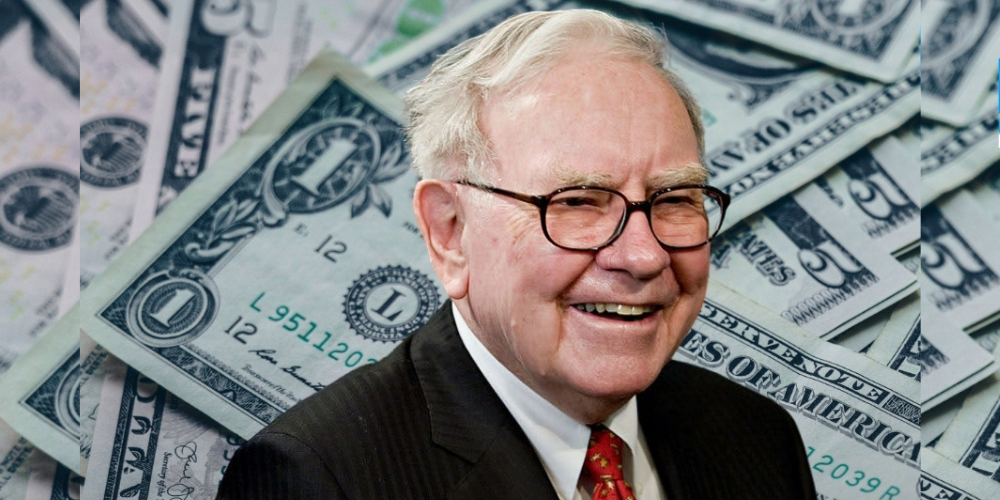
Does Every Business Need a Massive Cash Reserve Like Warren Buffett’s?

In uncertain markets, it’s tempting to think that holding a large pile of cash is the safest move. When stock prices swing and headlines stir panic, cash seems like the calm in the storm. But does having a huge reserve always make sense for a business?
While Warren Buffett’s firm has become known for sitting on a mountain of liquidity, that doesn’t automatically mean every company should follow suit.
When Holding Cash Looks Smart
In 2024, Berkshire Hathaway sold off a sizable chunk of its equity investments—including a big portion of its Apple holdings—and walked away with a $134 billion gain. This move looked even sharper when markets began sliding. While the S&P 500 fell 9% from its peak and Apple lost ground too, Berkshire held its position with minimal damage and even saw a modest 10% gain.
Meanwhile, its cash reserve ballooned to $334 billion, which, in physical bills, would fill thousands of king-size mattresses. The timing seemed perfect, and many praised Buffett’s strategy.
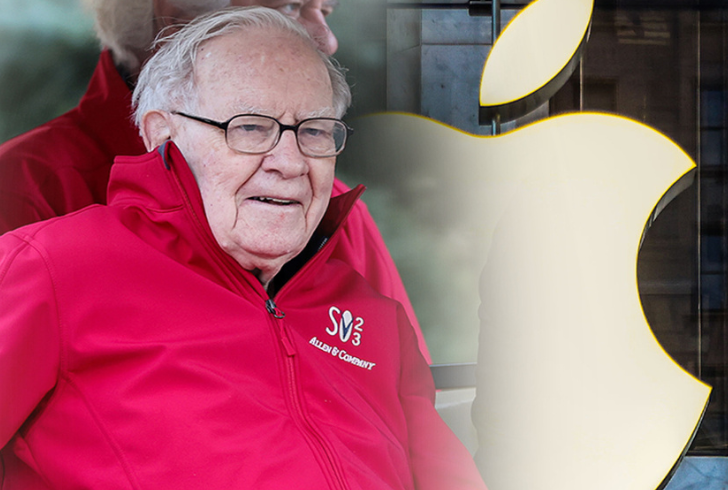
Instagram | yahoofinance | Berkshire Hathaway’s strategic equity sales, including a substantial Apple stake, resulted in a $134 billion profit.
When geopolitical tensions flared again in April 2025, triggering more market swings, Berkshire proved more resilient than most. While other companies took hits, its losses were lighter and its recovery faster. The contrast prompted business leaders and investors to ask whether they, too, should prioritize liquidity.
But the numbers tell a different story.
Big Cash Reserves Don’t Guarantee Better Performance
Plenty of cash-heavy companies didn’t fare as well. Amazon and Alphabet, both holding about $100 billion in liquid assets, also performed better than average in the short term—but they’re still down around 15% since market highs. Toyota and TSMC, with reserves in the $75 billion range, weren’t shielded from big losses either.
And then there’s CITIC. Despite holding $249 billion in cash, its market value sits at a fraction of that—just $31 billion. That gap has more to do with its financial structure, but it still shows that a big bank account doesn’t always boost investor confidence.
Does Cash Help Business Growth?
Looking deeper, there’s little connection between a company’s cash position and its market performance. A review of around 1,100 major non-financial firms shows no strong link between cash and stock prices, return on equity, or capital efficiency.
Even when comparing cash to revenue, the relationship stays weak. Berkshire ranks 56th globally in cash-to-sales ratio—not at the top, but far from the bottom. The company with the highest ratio, Insmed, holds enough cash to cover four years’ worth of sales but hasn’t delivered any shareholder returns in 2025. Others with high ratios, like Prosus and Grab, have struggled to maintain growth and market value.
There’s a slight correlation between high cash-to-sales ratios and past revenue growth, but at just 0.25, it’s barely worth noting.
Some of the Best Performers Keep Lean Reserves
Interestingly, companies leading their industries often don’t hold massive cash stockpiles. Nvidia, valued at $2.8 trillion and key to the AI chip market, holds liquid assets equal to just 33% of its revenue.
Novo Nordisk, known for its popular weight-loss medications, keeps even less—only 9% of its revenue in cash. Yet both firms consistently deliver strong returns: 71% for Nvidia and 46% for Novo Nordisk. That’s far higher than most companies with larger cash cushions.
The Real Cost of Hoarding Cash
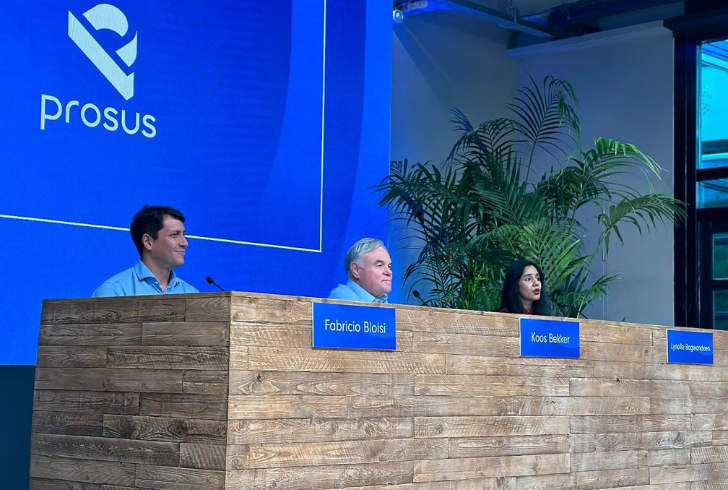
Instagram | fabricio.bloisi.prosus | Prosus, having distributed $26 billion to shareholders through buybacks and dividends in the last five years.
Holding cash has a downside—mainly, it’s money not being put to work. While Berkshire’s reserve has more than doubled in five years, its return on capital has slipped. Grab’s capital returns are currently negative, and Prosus trades at a significant discount compared to the value of its underlying assets.
Some companies at least return cash to shareholders. Prosus, for instance, has paid out $26 billion in buybacks and dividends in the past five years. CITIC has shared $1.8 billion annually. Grab, a newer player, returned $226 million last year. These payouts can strengthen shareholder trust and boost stock performance, even if the company isn’t growing rapidly.
Buffett’s Strategy
Buffett hasn’t issued a dividend since 1967. Recently, even stock buybacks have slowed down—from $25 billion annually in 2020–2021 to under $3 billion in 2024. By contrast, Nvidia and Novo Nordisk continue to invest in innovation and return significant amounts to shareholders.
Novo Nordisk has paid $38 billion over the past five years. Nvidia topped that with a massive $41 billion payout just last year.
Takeaway for Businesses
A large cash reserve can offer stability during downturns, but it’s not a one-size-fits-all solution. The decision to hold onto large sums should depend on the company’s goals, growth opportunities, and the industry it operates in.
Key Points to Consider:
– Cash alone doesn’t ensure stronger performance.
– High cash-to-revenue ratios may not lead to better returns.
– Companies using capital efficiently often outperform cash-heavy firms.
– Returning value to shareholders can build more trust than stockpiling funds.
– Long-term growth and smart capital allocation matter more than a big balance sheet.
Buffett’s playbook works for him—but that doesn’t mean it’s the right strategy for every business. Holding cash can be wise, especially in volatile times, but putting capital to productive use remains one of the best ways to grow a company’s value.
More in Business
-
`
Star Singer Nelly Furtado Wants Fans to Embrace ‘Body Neutrality’ in 2025
Singer Nelly Furtado is kicking off 2025 with a heartfelt message for her 1.5 million fans: embrace body neutrality. The Canadian...
January 25, 2025 -
`
Inside Zendaya and Tom Holland’s Secret Romance and Engagement
Zendaya and Tom Holland’s love story is one of Hollywood’s most heartwarming and low-key romances. Over the years, the couple has...
January 15, 2025 -
`
Top 5 Stable Blue-Chip Stocks You Should Consider Buying in 2025
Blue-chip stocks are the cornerstone of any serious investor’s portfolio. As we kick off 2025, it’s a perfect time to assess...
January 8, 2025 -
`
Bird Flu: What Is It & How Do People Catch the Viral Disease?
Bird flu is making headlines again, and with good reason. Officially known as avian influenza, this disease primarily affects birds but...
January 3, 2025 -
`
Four Seasons to Bring Luxury Resort & Residences to Deer Valley Ski Resort in Utah
The Four Seasons new hotel is making waves in Deer Valley’s highly anticipated East Village expansion. Known for setting the gold...
December 25, 2024 -
`
Who Is SZA Dating? The Singer Confesses Her Struggles With Love
Finding love can be tricky, even for someone as talented and successful as SZA. Known for her soulful lyrics and Grammy-winning...
December 17, 2024 -
`
Why Breathing in Wildfire Smoke Is Dangerous
Breathing in wildfire smoke is downright dangerous for your health. The tiny particles in the smoke can wreak havoc on your...
December 13, 2024 -
`
Is Your Mobile App Testing Tool Meeting Today’s Demands?
Mobile app testing plays a pivotal role in delivering a seamless user experience. With the growing competition in the app development...
December 12, 2024 -
`
How to Bring the Signature Almodóvar Aesthetic Into Your House
If you have ever been mesmerized by the vibrant interiors in Pedro Almodóvar’s films, you are not alone. The Almodóvar aesthetic...
December 4, 2024



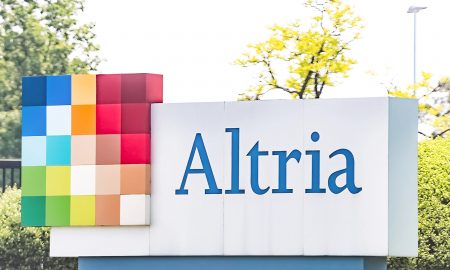






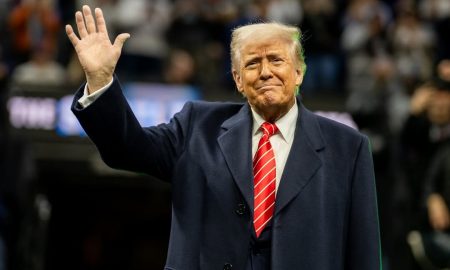

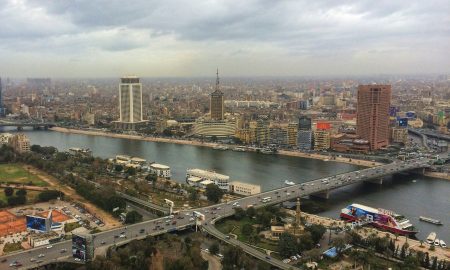


You must be logged in to post a comment Login